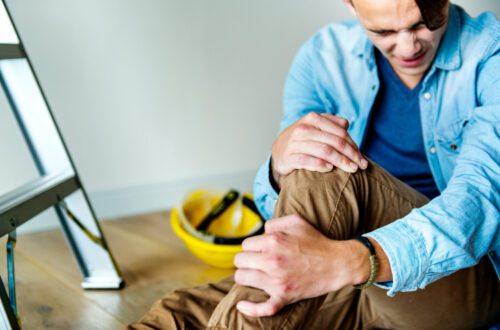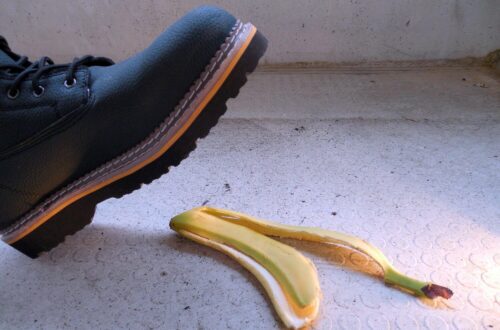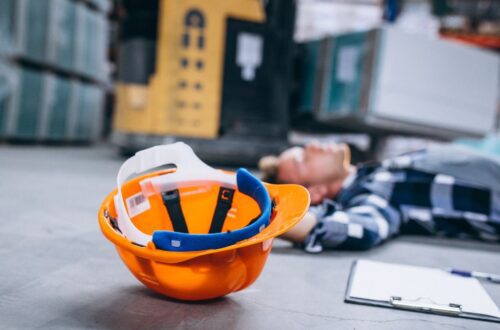Are you in the line of work where you are responsible for the safety of others? Whether you’re a building owner, a manager, or an employee, you are likely concerned with preventing accidents on the premises.
While there’s always vigilance and care that needs to go into the world of premises liability, negligence may still occur. If you’ve experienced an injury, the properties where you were hurt are liable for the harm.
So how are these things categorized so we can better understand what premises liability is? Below, we’ve broken down everything you need to know about it so you feel informed when you seek legal counsel.
Contents
Overview of Premises Liability
Premises liability is the area of law that holds people who own or occupy a property responsible for accidents and injuries that occur on the property. Premises liability dictates that property owners have a general legal responsibility to keep their premises safe and free from dangerous conditions.
This includes a duty to inspect, monitor, repair, or warn tenants and guests of any defects or hazards which could cause injury. Individuals may also be liable for injuries resulting from inadequate security, the creation of hazardous conditions, and failure to mitigate risks.
Property owners may also be liable for injuries resulting from animal attacks, wrongful death, or any other injuries that occur as a result of the premises’ condition. Cases pertaining to premises liability are complex and must be handled with care, so be sure to find a personal injury lawyer.
Types of Premises Liability Claims
The most common types of premises liability claims are slip and fall accidents, inadequate maintenance or repair, inadequate security leading to criminal activities, and failure to properly warn of hidden dangers.
Slip and fall accidents occur when a person is injured because of dangerous conditions such as wet or icy floors or loose carpeting. Inadequate maintenance or repair claims occur when a dangerous condition exists on the property because of poor maintenance or defective repairs.
Inadequate security claims include claims that allege criminal activity on the property due to inadequate security measures or lack of warning of the possibility of criminal activity.
Lastly, failure to properly warn of hidden dangers claims include when individuals are injured due to conditions that are not immediately visible such as dangerous chemicals or radiation.
Factors for Determining Premises Liability
A critical factor in determining premises liability is the owner’s awareness of the property’s deficiencies. If the owner neglected to maintain the property or set appropriate safety regulations properly, they could be held responsible for any injuries that resulted from their negligence.
Similarly, if the owner was aware of hazards that were present on the premises and failed to remedy them, they can be held liable for damages that occurred due to their neglect.
Additionally, the legal status of the person who was injured can affect the outcome of a personal injury lawsuit. If the person is an invitee or licensee, the landholder may not be held responsible if the injured person failed to take reasonable precautions for their own safety.
Learn More About Premises Liability
Premises liability is any legal responsibility for an injury that takes place on a person’s property.
It is a complex and important aspect of personal injury law, and it is important for both those who enter someone else’s property and those who own property to understand it.
Did you find this article helpful? Check out the rest of our blog for more!






